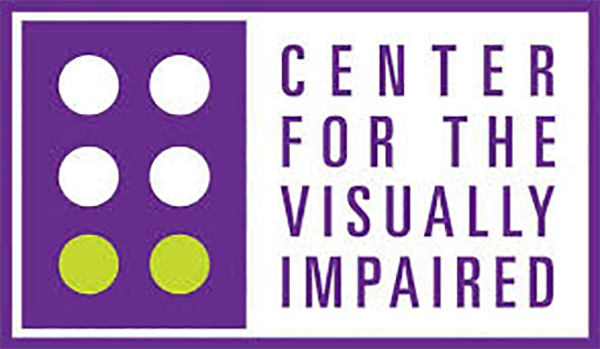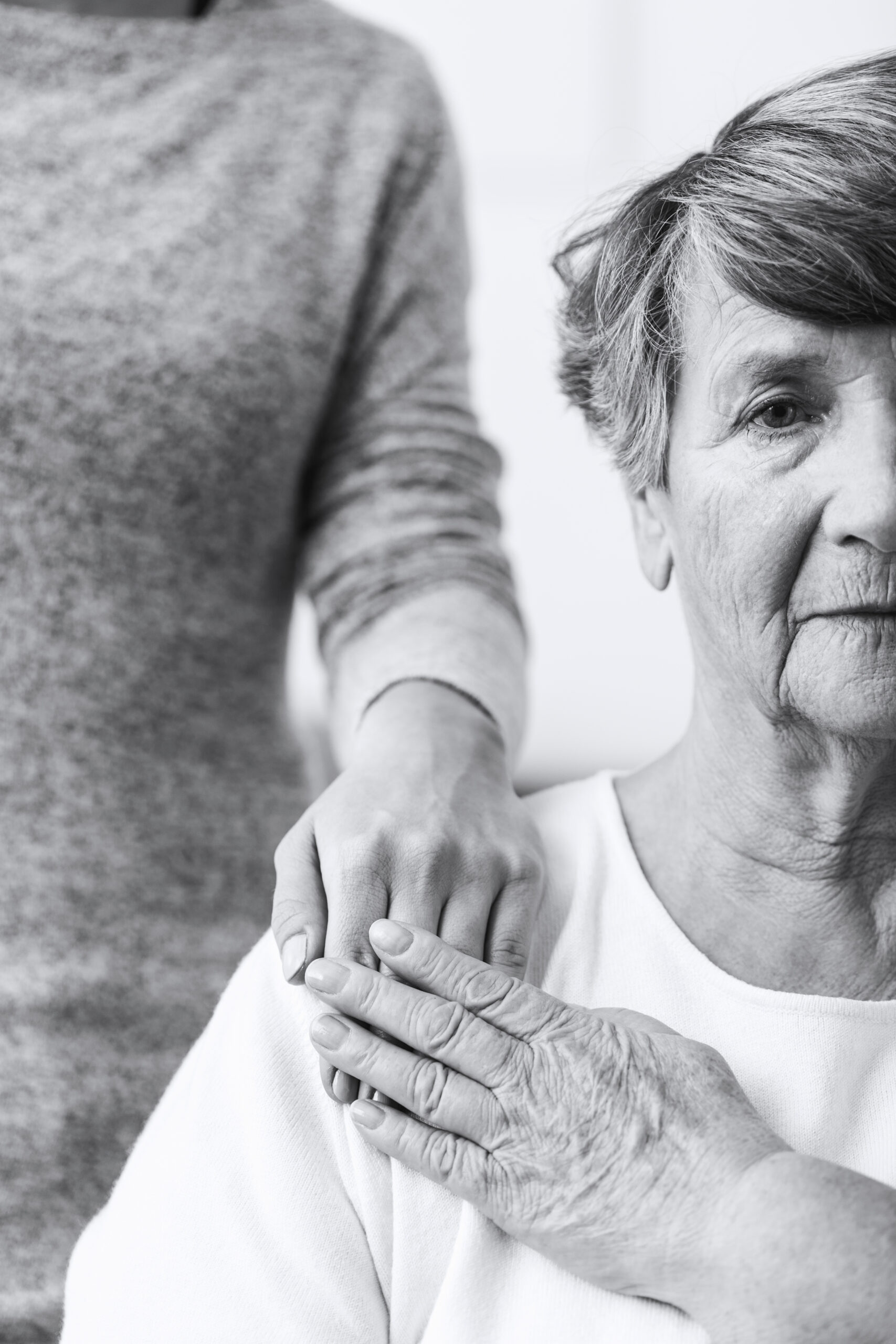Matthew Reeves knows firsthand how difficult it can be to come to terms with vision loss and its impact on your life. Diagnosed with Stargardt disease around age 11, Matt received training and rehabilitation services at CVI in the mid-1980s. After a 20-year career in stage production engineering and design, he returned to school and received his MS in Clinical Rehabilitation Counseling. Now, he uses his skills and experiences to help people navigate their personal challenges, including disability and chronic illness.
We are fortunate to welcome Matt to the CVI team to lead a pilot program to provide adjustment counseling to clients and support group participants. We had the opportunity to post a few questions about the emotional and psychological journey that people may face while learning to live with vision loss. His thoughtful and compassionate responses can be read below.

Adjustment Counseling can help those facing vision loss
What are the challenges people face when adjusting to vision loss?
Vision loss is a profoundly isolating experience, often manifesting in loss of independence, disconnection from passions and pastimes, feeling “broken” in a society built for sight, frustration with inadequate or insensitive help, and loss of role or identity. There is also a grieving process which differs from the grief of death in that there is sometimes a hope for the return of the lost capacity, or the loss is gradual in nature. In all cases, the loss is rooted inside the very body of the person who is grieving. These factors can complicate the grieving process. As a result, those facing vision loss can find themselves in depressive episodes, feel debilitating anxiety, or sometimes experience symptoms of trauma. Thankfully, all of this is addressable with time and careful work.
How can these challenges impact someone’s ability to seek treatment and their overall health?
Anxiety and trauma symptoms can prevent people from taking steps like leaving their home; fear and hypervigilance can get in the way of trusting the very professionals offering them assistance. Depression can lead to forgetfulness (i.e., missing appointments or not retaining skills learned in training), lack of motivation, and hopelessness. Disconnection and loss of identity can yield a spiral of pain and distress which feeds on itself and may result in significant and dangerous symptoms.
How can counseling improve treatment outcomes and well being?
First, counseling can help people facing vision loss recognize that, while their eyes may not serve them as they once did, they as a person are not fundamentally broken. Rather, they remain a whole and worthy person capable of both offering and receiving compassion, help, and value. Addressing the specific symptoms of depression, anxiety, and grief can lead to motivation and follow-through regarding education, training, and tools. At an even deeper level, when folks internalize the notion that they are not defined by their vision loss, the stigma of disability loses its potency.
What are your goals for the clients and families you are working with at CVI?
As a therapist, I impress upon my clients that it is their goals that drive our work. If they are in the midst of deep and complicated grief, that’s what we deal with. If they are grappling with the complex emotions around disclosing a disability, that is what we deal with. If they are questioning what value they can continue to contribute after having to leave a fruitful career, that is what we deal with. As I tell my clients, “You are in the driver’s seat…I’m here to help you navigate.” Even when working with folks who have lost the ability to drive, this metaphor still applies. Broadly speaking, though, my hope is to help CVI clients understand and respect their very real emotions so that they are not overwhelming or debilitating. I work with clients to find hope for their future by building on their strengths; I try to transform a scary, isolating, and fragile time into a new season of satisfaction, peace, connection, resilience, and joy.
How can loved ones of people with vision loss support and help them adjust?
- If you want to help anyone going through something painful, your first and most vital role is simply to be there in the pain. Listen, reflect your understanding of what you hear, and offer empathy (not sympathy).
- Do not patronize or deny realities. To pretend new limitations don’t exist in the name of being encouraging does not help and can feel condescending.
- Next, remember that if you’re talking, you’re not listening. Offer advice only when it’s requested.
- Never forget that the person working through their pain is the expert on what they are experiencing, not you. Recognize that your loved one’s experience is uniquely theirs, not to be compared with others.
- Offer them assistance in whatever way they find helpful. When you’re helping with tasks, try to remain empathetic to the frustration your loved one is feeling. Remember they have done this task themselves for their whole lives, and they want it done their Know that this is not stubbornness; it’s the manifestation of extremely challenging emotions and the desire to reclaim a small degree of the autonomy taken from them by vision loss.
- Offer your understanding of their complicated and sometimes contradictory emotions. For example, someone can feel resentful of the need for help while also feeling grateful to receive it. Humans are complicated, and that is beautiful.
Adult and high school age clients, as well as support group participants, may be eligible to receive up to ten sessions of adjustment counseling with Matt Reeves. Adjustment counseling support is available to CVI clients for $25 per session; clients receiving financial assistance will pay only $5 per session.
To learn more about adjustment counseling, support groups, and other Adult Rehabilitation services, please contact CVI at 404-875-9011 or visit cviga.org.
This program is made possible thanks to a generous grant from the Fuqua Foundation.

